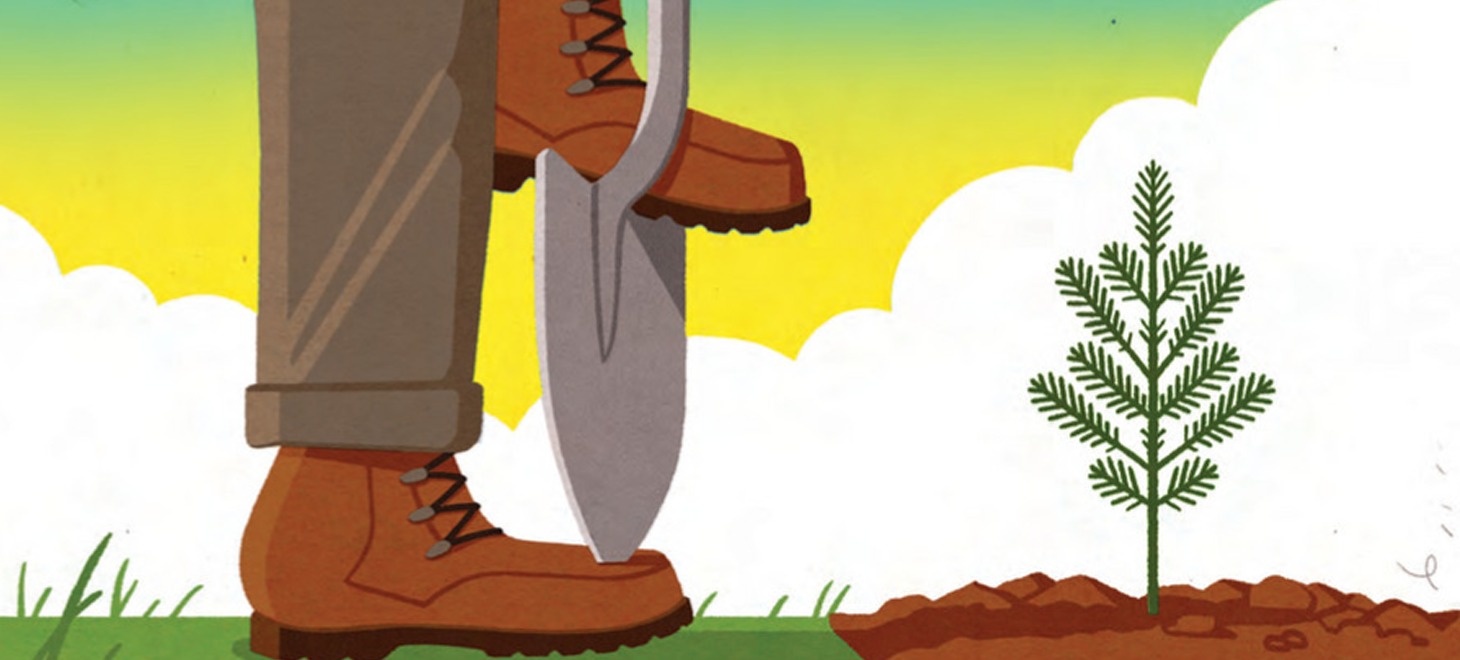I love trees. I grow trees from seed and I’m a member of a group in Halton Hills, dedicated to planting trees. Nevertheless, I welcomed the article When Tree Planting Harms More Than It Helps by James Kamstra in the Spring 2022 issue of ON Nature.
Tree planting, quite rightly, is seen as a way to heal our environment and can help us reach laudable goals of mitigating climate change, creating habitat for wildlife and cooling our urban areas. Moreover, trees add beauty to our urban and rural landscapes.
However, the prevailing “feel good” attitude associated with planting trees must be tempered by a realistic appraisal of the ecological consequences of doing so. Planting a diversity of native trees can be an excellent option for managing an open landscape but crucially it should not be the only option. As Kamstra explains, “Not all habitats need trees to be ecologically diverse and productive.” Before any large-scale tree planting is done, we should be obligated to learn something about the plants, animals, birds and insects that currently occupy the site.
In many cases nature will handle the job of reforestation better than we can. In eastern North America, an open landscape will usually revert to trees and as it moves towards that inevitable outcome, will go through a series of successional stages; each one supporting a different cast of plants and animals. Nature has done a magnificent job of managing this for thousands of years.
If, after careful consideration, a decision is made to reforest a given landscape, let’s ensure that a diverse mix of native trees is selected, and that the habitat needs of different species be respected in the planting. Let’s be creative and include regionally rare trees in the mix, to bolster their populations and contribute to biodiversity.
With tree planting, as in other arenas of our interaction with nature and the environment, complexity and ambiguity are givens. Large scale tree planting needs to be guided by critical thinking and ecological wisdom.
– Don Scallen, Halton Hills

